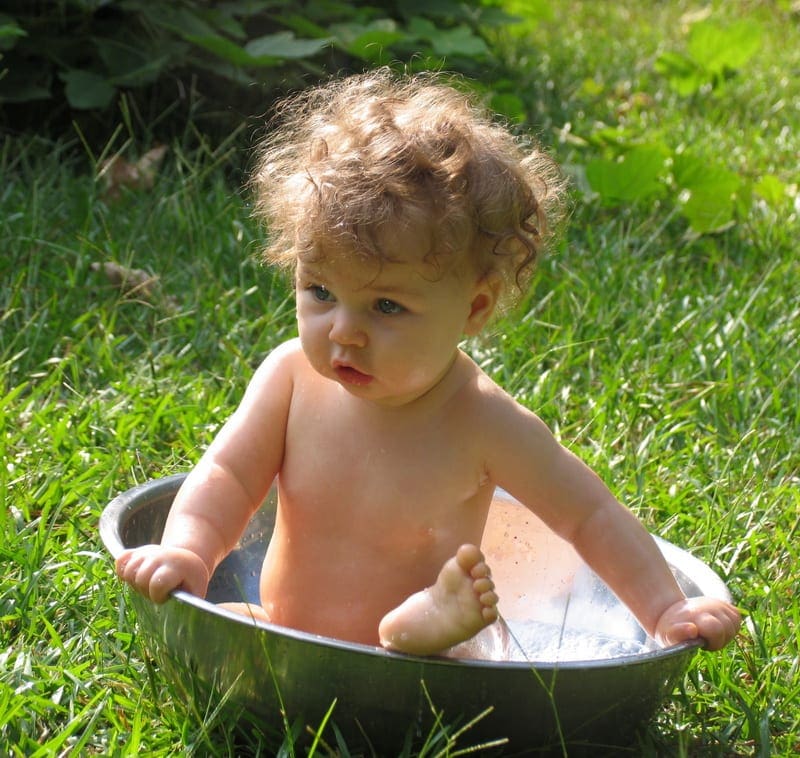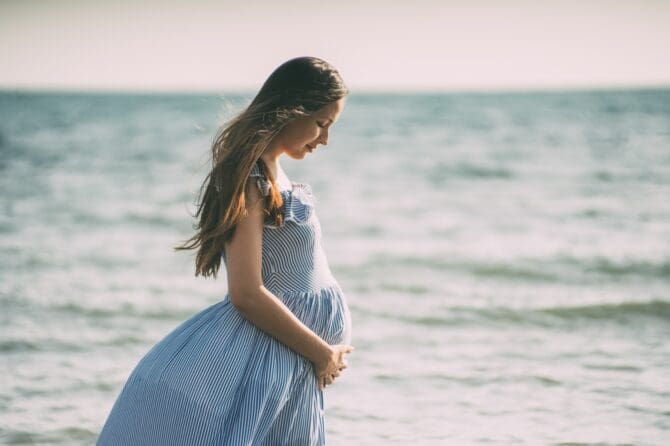Pregnancy is defined as the process of carrying a child for 9 months. The period this happens, is called the prenatal period. Women can get pregnant starting from age 12 or 18 years (in some cases) and men from age 13 to 40 (in some cases). Pregnancy lasts around 40 weeks – because women’s menstrual cycle goes on every 28 days with 4 weeks in between.
You may be pregnant, but there is no denying that the nine months you are about to spend carrying a child will be unlike anything you’ve ever experienced. From wondering if it was a good idea to have children to being anxious about what’s going on inside your womb, there are many changes to look forward to during every trimester of your pregnancy:
First trimester is the first three months of pregnancy. During this time, expect to have a wide array of physical and emotional changes including nausea, frequent urination, fatigue, bloating etc. The second trimester spans about 12 weeks after your last period or when you are about four months pregnant. This is the period during which you can expect to see your fetus grow from about 6 inches at the start to roughly 12 inches in these next three months as they rapidly develop into an infant with more noticeable features like reddish and wrinkled skin. Your baby will continue gaining weight and developing his/her organs until the end of your third trimester (or 27 weeks) when he or she will begin moving down lower in your pelvis in preparation for birth!
Getting pregnant is no easy task. With the advancement of science, there are tons of technology based resources to help optimize the chances in when you will conceive your baby. Because the dates are calculated during a time period, it doesn’t mean that this is when you will be getting pregnant. However, since there are also apps which give you expected due dates, if you’re getting close to your ideal due date by deadline then it’s likely that you’ll be bringing your bundle of joy into this world soon.
Of course you’ll want to follow your baby’s development as it happens and keep track of how much your baby is growing. One specific way that you can do this is by using a pregnancy calendar. It shows information about things like how your fetus might be appearing at different stages of growth during each stage of pregnancy or the symptoms, changes in body and development you can expect each week along with advice on which foods or pills to take to deal with certain bodily issues when in comes to brain development, muscles and bones or sleep sickness for example! While there are so many other websites that offer this kind of information, some can be more helpful than others depending on what type of information is available such as statistics relating to birth defects etc…
As we make these comparisons, it’s also important not to apply pregnancy chances to everyone as every woman is different. Trying using a pregnancy calculator that tracks your cycle in order to get a better idea. If you are having a hard time understanding the differences between being pregnant and simply taking longer to menstruate, don’t hesitate to consider asking someone who may be able or willing to shed some light on the subject!











